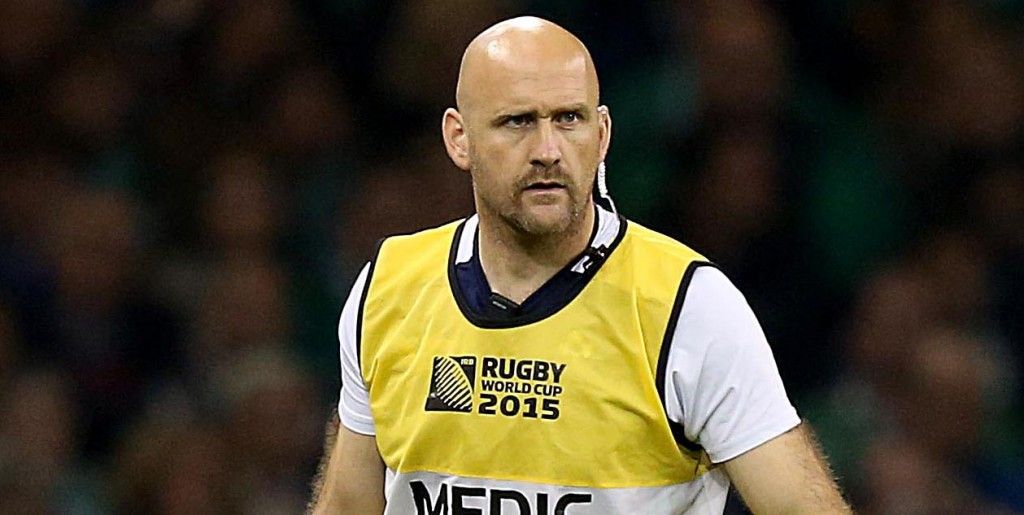

Share
17th February 2016
01:33pm GMT

 "Being an intercounty GAA player is a vocation," said Falvey. "You probably wouldn't hear a rugby player say 'I don't care about next year' at 25 because it is his career, while it is quite a common thing [in GAA].
"I was talking to someone else who said, '25 is getting old for intercounty now'. Which is scary to be honest."
With experience working across rugby, GAA and Australian Rules, Cork native Falvey believes Gaelic footballers and hurlers need to think long-term and not just about the current or upcoming season.
"Being an intercounty GAA player is a vocation," said Falvey. "You probably wouldn't hear a rugby player say 'I don't care about next year' at 25 because it is his career, while it is quite a common thing [in GAA].
"I was talking to someone else who said, '25 is getting old for intercounty now'. Which is scary to be honest."
With experience working across rugby, GAA and Australian Rules, Cork native Falvey believes Gaelic footballers and hurlers need to think long-term and not just about the current or upcoming season.
"I had a guy sitting across from me today in the consultation room, he's 25, and he basically said to me, 'I am not interested in next year, I'm interested in now.' "That's the attitude, you have to be realistic and you have to accept. But at the end of the day the medical teams around the teams, their responsibility is to the human being as well as the athlete. They have to look after that too."Falvey said AFL players and rugby professionals are now looking at non-surgical solutions to hip problems, which Falvey believes are linked to over-training at a young age. "It was a bigger problem in rugby five years ago than it is now and I think GAA is hurtling into that space now," said Falvey. "There is nothing guaranteed but we live in an age where an invisible injury, like a groin or a hip, where he doesn't have crutches and he doesn't have stitches, the psychological impact of that is difficult. "Whereas if you say, 'I've had to have surgery, I'm out for four months but it will be all good after that'. That is a far easier thing psychologically for the player and probably for the coaching staff to deal with."
 Those most likely to disregard medical advice and choose surgery, in Falvey's experience, are not the stars but rather the fringe players trying to get a toehold in the squad.
"The sad thing about it is that doesn't happen to the star player because all pigs are equal but some pigs are more equal than others. If it is the top guy he may be cut some slack, but it is more often someone who is almost breaking through, someone in the wider squad, who can't be seen to miss anything.
"He won't even brook that advice, he may not even bring it to the coach because he is going to be excluded if he does."
Those most likely to disregard medical advice and choose surgery, in Falvey's experience, are not the stars but rather the fringe players trying to get a toehold in the squad.
"The sad thing about it is that doesn't happen to the star player because all pigs are equal but some pigs are more equal than others. If it is the top guy he may be cut some slack, but it is more often someone who is almost breaking through, someone in the wider squad, who can't be seen to miss anything.
"He won't even brook that advice, he may not even bring it to the coach because he is going to be excluded if he does."Explore more on these topics: